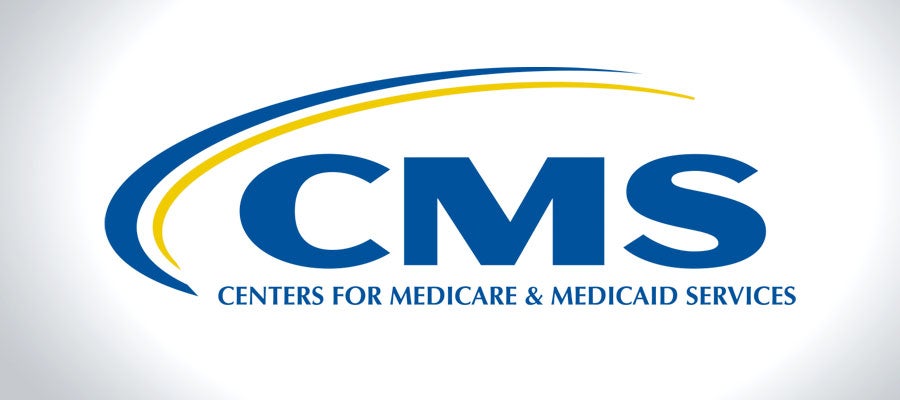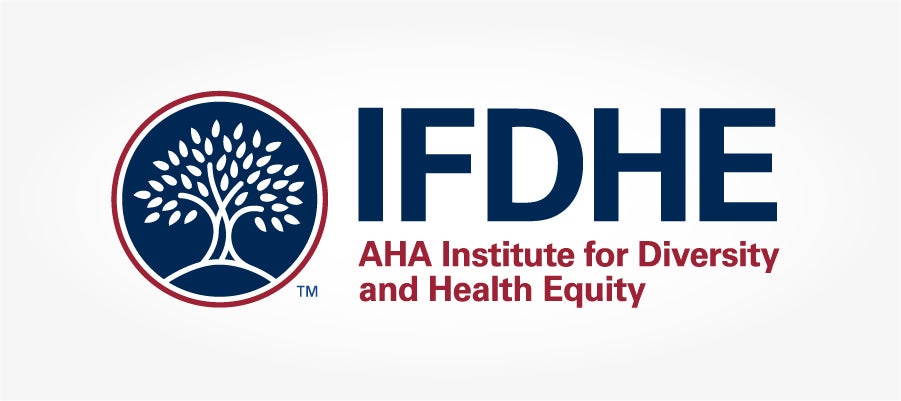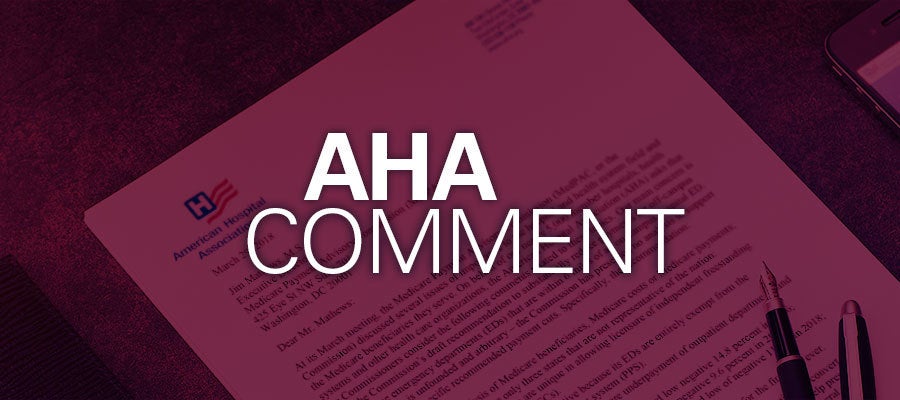
News







Latest
The AHA released a new fact sheet detailing a number of waivers issued by the Centers for Medicare & Medicaid Services during the COVID-19 public health emergency that the association believes should be extended or made permanent.
The AHA voiced support for many of the policies proposed in the Centers for Medicare & Medicaid Services’ Notice of Benefit and Payment Parameters for 2023, including clarifications to the Medical Loss Ratio calculations, reestablishment of standardized health plan option requirements, changes to the essential health benefit nondiscrimination policy, and new requirements and standards of conduct for agents, brokers and web-brokers.
by Rick Pollack
Congress returns to Washington, D.C., next week and its top focus will be passing a spending package that keeps the government funded past Feb. 18.
As hospitals and health systems continue to treat COVID-19 patients and manage the impacts of the pandemic on their workforce and broader organizations, they also can push forward strategic imperatives that will ensure a health care delivery system prepared to meet future challenges, writes Lindsey Dunn Burgstahler, vice president, programming and intelligence, for the AHA Center for Health innovation.
A record 14.5 million people selected or were automatically re-enrolled in a health plan through the federally facilitated or state-based marketplaces during 2022 open enrollment, including about 3 million new consumers, the Centers for Medicare & Medicaid Services announced.
AHA expressed support for the Post-Disaster Mental Health Response Act (H.R. 5703), bipartisan legislation that would expand the Federal Emergency Management Agency’s Crisis Counseling Assistance and Training Program (CCP) to communities affected by federal emergency declarations.
The AHA released a new issue of the COVID-19 Snapshot underscoring the persisting challenges facing hospitals and health systems during the ongoing public health emergency.
The hospital workforce shortage crisis demands immediate attention from government and workable solutions, such as lifting the cap on Medicare-funded physician residencies, boosting support for nursing schools and faculty, providing scholarships and loan forgiveness, expediting visas for highly trained foreign health care workers and expanding scope of practice laws, AHA President and CEO Rick Pollack writes in an advertorial published in the New York Times.
Many staffing agencies have been exploiting the severe shortage of health care personnel during the COVID-19 pandemic by charging uniformly high prices in a manner that suggests widespread coordination and abuse of market position, the AHA and American Health Care Association/National Center for Assisted Living told White House COVID-19 Response Team Coordinator Jeffrey Zients.
The AHA, American Medical Association and American Nurses Association released a joint statement urging Americans to donate blood.
by Lindsey Dunn Burgstahler
The AHA Next Generation Leaders Fellowship helps ensure a robust and well-supported community of next generation health care leaders. Paired with a C-suite-level mentor from another health care organization, the fellows complete a year-long transformation project designed to solve a strategic challenge for their own organization.
The departments of Labor, Health and Human Services, and the Treasury released their latest report to Congress on group health plan compliance with the Mental Health Parity and Addiction Equity Act of 2008, and requirements under the Consolidated Appropriations Act of 2021 for the plans to provide comparative analyses of their Non-Quantitative Treatment Limitations for compliance review on request.
In response to an AHA request for clarification, the Centers for Medicare & Medicaid Services released more information to clarify how its recently updated guidance on hospital co-location with other hospitals or health care facilities might apply to critical access hospitals and physician offices.
Leaders of the Senate Health, Education, Labor, and Pensions Committee released for comment until Feb. 4 a discussion draft of bipartisan legislation to strengthen the nation’s public health and medical preparedness and response systems in the wake of the COVID-19 pandemic.
Amid a resurgent COVID-19 and annual flu season, the AHA has released new resources that hospitals and health systems can use to encourage communities to stay healthy and protect themselves.
Based on recent data on omicron variant susceptibility to monoclonal antibodies, the Food and Drug Administration revised its emergency use authorizations for the combination therapies bamlanivimab and etesevimab and REGEN-COV (casirivimab and imdevimab) to exclude geographic regions where the omicron COVID-19 variant predominates.
The Health Resources and Services Administration will distribute $2 billion in a second wave of Provider Relief Fund “Phase 4” payments to providers who experienced revenue losses and expenses related to the COVID-19 pandemic based on changes in operating revenues and expenses from July 1, 2020, to March 31, 2021, the Department of Health and Human Services announced.
The AHA asked the Health Resources and Services Administration to delay by at least one year the effective withdrawal date for Health Professional Shortage Areas designated as “proposed for withdrawal,” expressing concerns about the “extremely large numbers” of areas the agency proposes to end given the current workforce and financial challenges faced by providers who serve communities and populations already experiencing shortages of health professionals.
Nearly 200 House members are urging White House COVID-19 Response Team Coordinator Jeffrey Zients to investigate reports that nurse staffing agencies are taking advantage of the COVID-19 pandemic to increase their profits at the expense of patients and the hospitals that treat them.
The AHA hosted a press call with hospital leaders highlighting the urgent need for additional congressional relief to address the national health care workforce emergency and other challenges facing the field as a result of the COVID-19 pandemic. T

